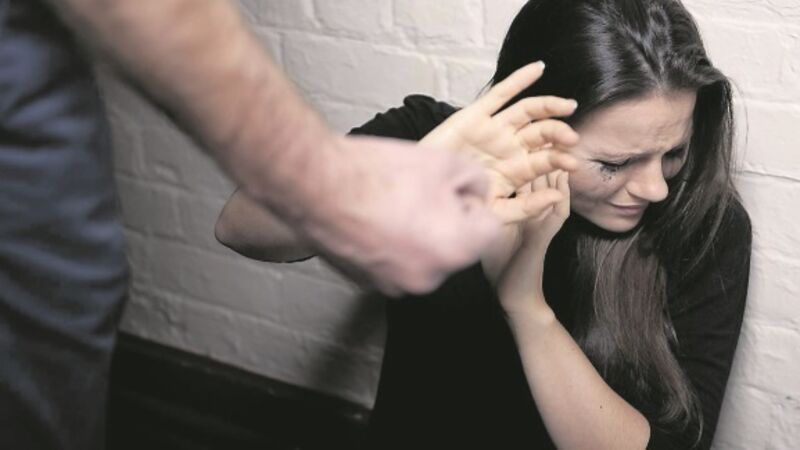Welcome for Garda plan on domestic violence

Women’s Aid has welcomed measures in the Garda Policing Plan 2018 aimed at addressing problems in the recording and investigation of domestic violence.
Gardaí will make technical changes to allow crimes associated with domestic violence — from criminal damage to assault — to be tagged domestic abuse- related and to develop both a risk-assessment tool and a call-back system in such cases.













